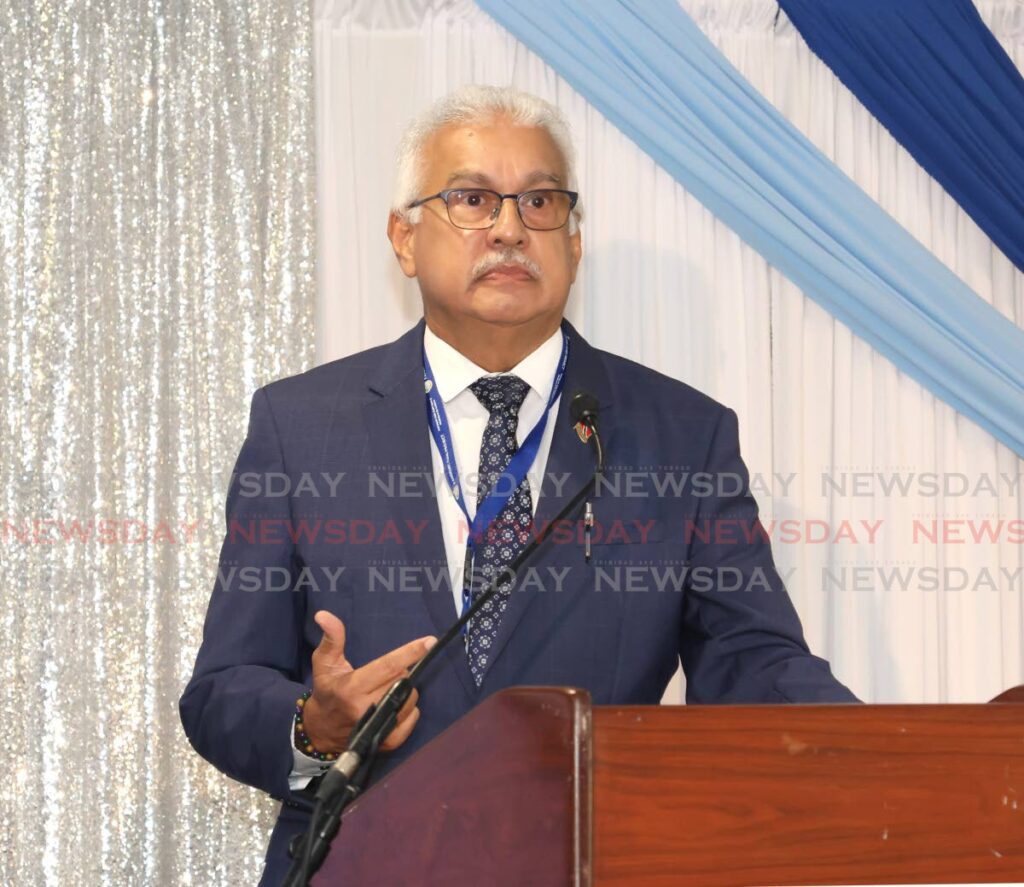Health Minister: Don't be 'overly concerned' about hMPV

Minister of Health Terrence Deyalsingh is reiterating that human metapneumovirus (hMPV) is not a new disease in the country and has been circulating since 2019, as confirmed by laboratory tests.
Deyalsingh was responding to an article in a local newspaper which suggested that a case detected in November at the St Augustine Medical Laboratories was the first in the country.
Statistics provided by the ministry showed that 34 cases had been detected in the country over the last six years. There were 12 in 2019, five in 2020, none in 2021, one in 2022, nine in 2023 and seven in 2024.
These numbers, Deyalsingh told Newsday, are negligible.
"That is virtually non-existent."
The hMPV disease is spread similarly to covid19 – through respiratory droplets – and given that the highest number of cases in the country of 12 was recorded before public-health protocols were engrained in the population with the pandemic, Deyalsingh said it was proof that the disease did not warrant major concern.
"That's the point, hMPV is not, at this time, and note my words carefully, not at this time something to be overly concerned about.
"However, we at the ministry continue to monitor international and local developments and rest assured we would come to the public with any additional information."
He also added: "HMPV is a part of the normal virus landscape that circulates in the flu season in which we are in. Other viruses circulating include Influenza A and Influenza B which we are vaccinating against right now, RSV or respiratory syncytial virus, rhinoviruses, adenoviruses and noroviruses."
According to reports, the Caribbean Public Health Agency (Carpha) recorded just 11 hMPV cases within the region.
A January 7 World Health Organization (WHO) trend assessment of respiratory viruses in the northern hemisphere noted that while some hPMV cases could be hospitalised with bronchitis or pneumonia, most people infected with the virus had mild upper respiratory symptoms similar to the common cold, recovering after just a few days.
The WHO's frequently asked questions even attribute hMPV as one of the viruses which causes the common cold.
The virus causes the same symptoms as other respiratory illnesses such as cough, fever, sore throat, runny or stuffy nose, body aches and headaches.
The WHO assessment, however, noted an increase in respiratory viruses to above baseline levels within the northern hemisphere, "following usual trends." Carpha says the increase in the region is being driven primarily by the flu.
"Overall cases have slightly increased, though severe acute respiratory infection (SARI) cases remain low. Influenza activity is rising, driven primarily by Influenza A (H1N1), while respiratory syncytial virus (RSV) activity, although elevated, has declined over the past four epidemiological weeks, covid19 activity continues at low levels."

Comments
"Health Minister: Don’t be ‘overly concerned’ about hMPV"